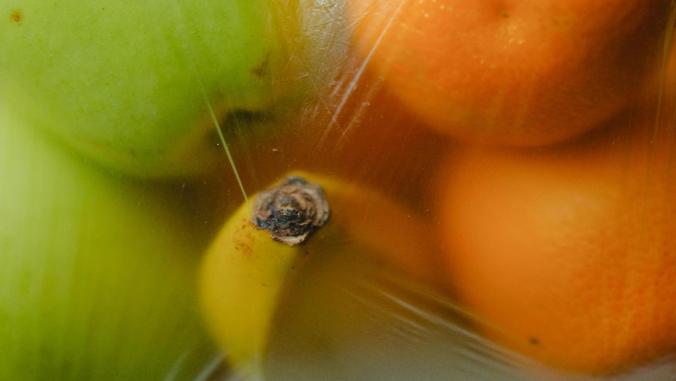Some of the United Kingdom's largest consumer goods companies and supermarkets have jointly launched a $1.5 million fund that aims to invest in efforts to make plastic bags, wrappers, firms, pouches, packets and sachets easier for consumers to recycle while also driving down costs for waste management firms.
The Flexible Plastic Fund has been launched by Mars UK, Mondelez International, Nestle, PepsiCo and Unilever in a bid to boost recycling of so-called "flexible plastics," material that is difficult to treat because it contaminates other plastic recycling streams and clogs up machinery, they explained.
Industry figures estimate that just 6 percent of U.K. flexible plastics — otherwise known as "soft plastics" or plastic bags and wrapping —was recycled in 2019, despite the material's representing 22 percent of all consumer plastic packaging. Meanwhile, just 16 percent of U.K. local authorities provide flexible plastic recycling services.
The fund launched with an aim to drive the growth of the flexible plastics recycling market by guaranteeing recyclers a minimum value of $142 per metric ton of recycled product to process it, and by providing consumers with flexible packaging collection points at retail outlets.
Under the scheme, participating retailers install flexible packaging collection points in-store where individuals can drop off their used flexible plastics. From there, the plastic is tracked as it is collected and transported to approved recycling facilities where materials are transformed into high-quality packaging, the coalition said. Recyclers will be paid only if the plastic is certified as "definitely recycled," they added.
Sainsbury's and Waitrose already have signed up to support the initiative and have both confirmed plans to install plastic collection points in selected stores across the U.K.
People are ready and willing to recycle their flexible plastics — we just have to make the infrastructure work.
The long-term ambition of the fund is to drive investment towards building a circular, U.K.-based flexible plastic recycling market that ultimately would make flexible plastic recycling a mainstay of household collections.
Trewin Restorick, CEO and co-founder of environmental charity Hubbub, said the scheme would help kickstart the flexible plastics recycling market. "The Flexible Plastic Fund is a really important initiative to show that flexible plastics can be recycled and be financially sustainable," he said. "People are ready and willing to recycle their flexible plastics — we just have to make the infrastructure work."
Restorick urged other manufacturers to invest in the fund and called on retailers to install collection points. "Collaboration is key to making this a success," he added.
Founding members of the fund said their aim was to provide fully audited transparency for plastic recycling in the U.K.
However, limitations in the U.K's current recycling capacity could mean up to 20 percent of plastics recycled through the scheme could be exported to qualifying facilities in Europe until 2023, they said.
Environment Minister Rebecca Pow applauded the launch of the fund, which she urged other firms across the packaging supply chain to sign up to. "I very much welcome the new Flexible Plastic Fund which will help to recycle more plastic, and I encourage retailers, manufacturers and recyclers to lend their support," she said.
Pow added that plastic pollution was a "major threat" to the environment and wildlife, reiterating the government's pledge to eliminate all avoidable plastic waste by 2042. "Through our plans for consistent recycling collections, extended producer responsibility for packaging manufacturers, a deposit return scheme for drinks containers, and a world-leading plastic packaging tax, we will go further and faster to recycle more plastic and throw less away," she said.






